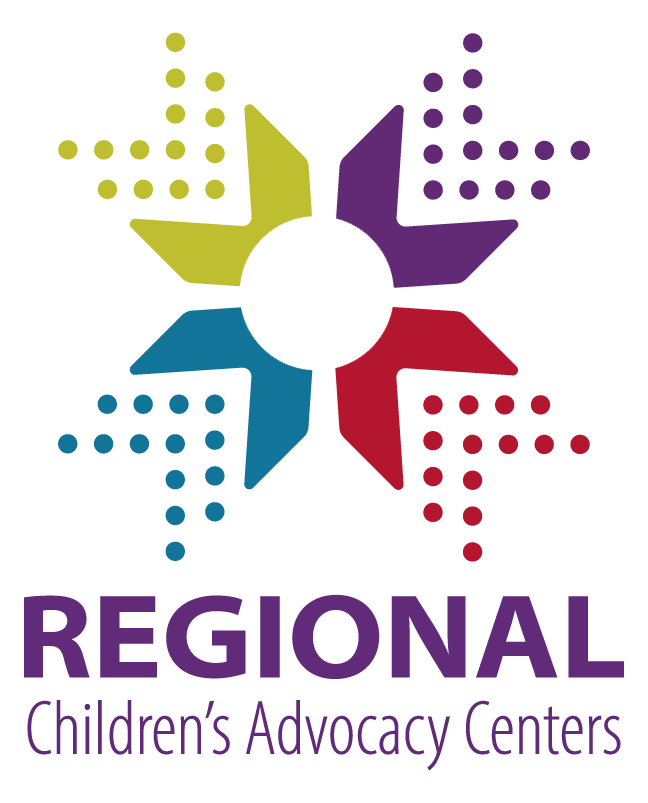Minimal Facts Guidelines
This guide, created by NRCAC in 2020, assists first responders in obtaining minimal facts during initial responses to abuse allegations, with the aim of reducing trauma to child victims and avoiding redundant interviews.

Regional Childrens Advocacy Centers
Training and Technical Assistance Centers
This guide, created by NRCAC in 2020, assists first responders in obtaining minimal facts during initial responses to abuse allegations, with the aim of reducing trauma to child victims and avoiding redundant interviews.
This guide, created by SRCAC in 2022, is designed for those Chapter organizations who may be considering developing and delivering training curriculums to their CACs.
For CACs who are interested in building relationships with tribal communities in their areas, this guide, created by SRCAC in 2019, will help you gain a better understanding of the “Listen and Learn” concept, how to initiate contact with tribal leaders with the help of your state Chapter, your Regional CAC, and NACA (Native American Children’s Alliance); and how to plan and conduct a successful Listen and Learn.
This research paper, created by SRCAC in 2017, outlines research from the past decade related to children’s disclosure of abuse, caregiver support, and recantation.
This manual, created by SRCAC in 2016, will empower organizations to proactively prepare for and effectively manage critical incidents, safeguarding their credibility and integrity in the face of unexpected challenges.
This guide, created by NCA and NRCAC in 2018, offers support for CACs to help identify children in need of treatment and make referrals to evidence-based treatments that are proven to reduce trauma symptoms.